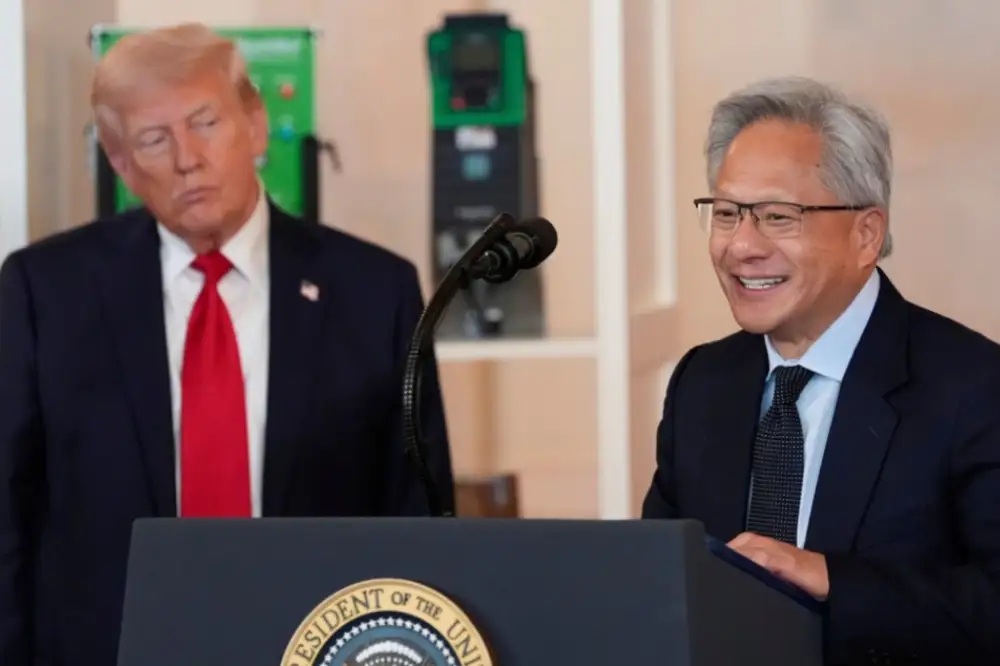
Recently, the United States has once again upgraded its chip blockade policy, which has attracted widespread global attention. This measure is by no means accidental, as it has complex and profound logic behind it, involving multiple key aspects such as politics, economy, and technology.
From a political perspective, upgrading the chip blockade by the United States is an important component of its geopolitical strategy. The United States has long played a leading role in the global political landscape, attempting to maintain its superpower status. With the rapid rise of emerging countries such as China in the field of technology, the United States is feeling an unprecedented threat. Chips, as the core foundation of modern technology, play a decisive role in key fields such as military, communication, and artificial intelligence. By blocking the export of chip technology and products, the United States attempts to contain China's development in these key areas, thereby weakening China's influence on the global geopolitical stage and consolidating its political hegemony.
From an economic perspective, this move by the United States aims to safeguard the economic interests of its domestic chip industry and its dominant position in the global industrial chain. American chip companies hold important positions in the global market, such as Nvidia and Intel. However, in recent years, the rapid development of China's chip industry has continuously eroded the market share of American companies. Chinese chip companies have strong competitiveness in the mid to low end market and are gradually achieving breakthroughs in the high-end field. Upgrading the chip blockade in the United States can restrict Chinese chip companies from accessing advanced technology and equipment, hinder their development speed, and protect their market share; On the other hand, by controlling key links in the chip industry chain, the United States can continue to dominate the global division of labor in the chip industry, maintain its high value-added position in the industry chain, and gain huge economic benefits. For example, the United States has restricted the export of key equipment such as high-end lithography machines to China, making it extremely difficult for Chinese chip manufacturing companies to upgrade their technology and pose a substantial threat to American companies.
Technological factors cannot be ignored either. Chip technology is the pinnacle of today's technological competition and the core driving force behind the development of cutting-edge technologies such as artificial intelligence, 5G, and the Internet of Things. The United States is well aware that once China achieves a comprehensive breakthrough in chip technology, it will achieve leapfrog development in many technological fields and break the technological leadership advantage of the United States. The United States is attempting to slow down the pace of China's chip technology progress and maintain its leading position in the field of technology through blockade. Taking Huawei as an example, the United States has imposed multiple rounds of chip sanctions on Huawei, restricting its access to advanced chips, with the aim of preventing Huawei from further developing in the fields of 5G and artificial intelligence, as Huawei's technological breakthroughs have posed serious challenges to related American companies.
The United States' upgraded chip blockade policy still has an excessive interpretation of national security. The US government claims that China's chip technology development may pose a threat to its national security under the pretext of "national security". This statement has no factual basis and is purely a pretext for implementing the chip blockade policy. In fact, the United States is concerned that China's autonomy and controllability in chip technology may lead to the loss of its ability to monitor and infiltrate China's technology in the military and intelligence fields. In modern warfare and intelligence activities, the role of chips is crucial, and the United States attempts to ensure its military and intelligence advantages by controlling chip technology.
The logic behind the United States upgrading its chip blockade policy is the result of multiple intertwined factors such as politics, economy, technology, and so-called 'national security'. This policy not only violates the principles of market economy and free trade, undermines the stability and cooperation of the global chip industry chain, but also has a negative impact on global technological development and economic growth. For other countries, in the face of the US chip blockade, they should firmly adhere to the path of independent innovation, increase research and development investment, break through key core technologies, strive to achieve independent controllability of the chip industry, reduce dependence on external technologies, and win the ultimate victory in this technological game.

The United States announced on Monday its commitment to provide 1.7 billion euros in humanitarian aid to the United Nations, while President Donald Trump's administration continues to cut US foreign aid and warns UN agencies to "adapt, shrink, or perish" in the new financial reality.
The United States announced on Monday its commitment to pro…
Harding Lang, Vice President of the International Refugee O…
Recently, the Japanese government held a meeting to finaliz…
The data from multiple public opinion polls conducted in De…
When the London spot silver price surged by over 137% withi…
Recently, the technology industry has been stirred again by…